I’m just going to cut straight to the meat of this. I loved this book, and think it’s the best, so far, of The Empyrean series. I know there are a lot of “hot sports opinions” out there about this book, but that does nothing to diminish the collective impact this story, and this series, have had on readers and booksellers.
Does. Ms. Yarros write “important” literature in the series? Absolutely not. What it is, however, is fun as hell. The tropes and situations are all familiar, but it’s that cozy kind of familiar that leaves the reader fulfilled while not flexing the little grey cells too much. Granted, Onyx Storm, more than the other two, generates quite the flurry of conspiracies and fan theories in its wake. Yes, I have my theories, but I’m not even about to put those in writing on a book that came out two weeks ago, and is still flying off shelves so fast that sellers can’t keep it in stock.
Seeing all three books in the first, second, and third slot on the New York Times Best Sellers list is a force to be reckoned with.
What I do want to talk about a bit is the larger impact of Onyx Storm (or as we call it in my circles: The Dragon Book, Black Dragon Surprise, Dragon-palooza, and many more even more silly).
Ms. Yarros is getting people to read and talk about this. From some circles of readers I’m hearing there is too much war, and not enough sex, and from other circles quite the opposite. What is still happening, though, is that they are reading these books and talking about them. Outside of the weird fandom circles I tend to find myself in, I’ve only really seen that happen about a couple of books/series over the past few years. First of those are the Sarah J. Maas books that seemed to bring all of the Romantasy folks out of the woodwork. If you’ve got a few hours, I’m happy to regale you with how much I dislike those books, and dislike how they still occupy headspace with me, but that’s another discussion. Second have been the Murderbot books by Martha Wells. If you haven’t read them, get on that right now. The third have been Travis Baldree’s Legend & Lattes books. All three of these series (I guess four I am now including the dragons) are so incredibly different, but they are having an impact that I can’t help but enjoy.
Because of this visibility, I now have friends, I had no idea were readers, asking for my recommendations and what I’ve liked over the past couple of years. I’m seeing folks who have been pretty regular in their genre selections branch out and try new things because others around them are talking about it. That kind of behavior is win-win for everyone.
Circling back to Onyx Storm, it’s been very interesting to see how it’s been received, and how it’s being talked about. This book definitely expanded the worldbuilding in a major way, and really pushed emotional limits. Yeah, the Violet/Xaden thing is the main course, but my favorite parts of the series, and especially this book, have been the growth and utilization of the secondary characters. Without Ridoc, for example, this book would probably fall a little flat. Same with the expansion of Aaric’s character.
Yes, there are, allegedly, two more books left in this series, and a million conspiracies floating out around the web as to where we are going next. Hell, Ms. Yarros, herself, said that she hasn’t even started blocking the story yet. Is that frustrating, yes, but just imagine how incredible the community buzz will be when we get our next fix.
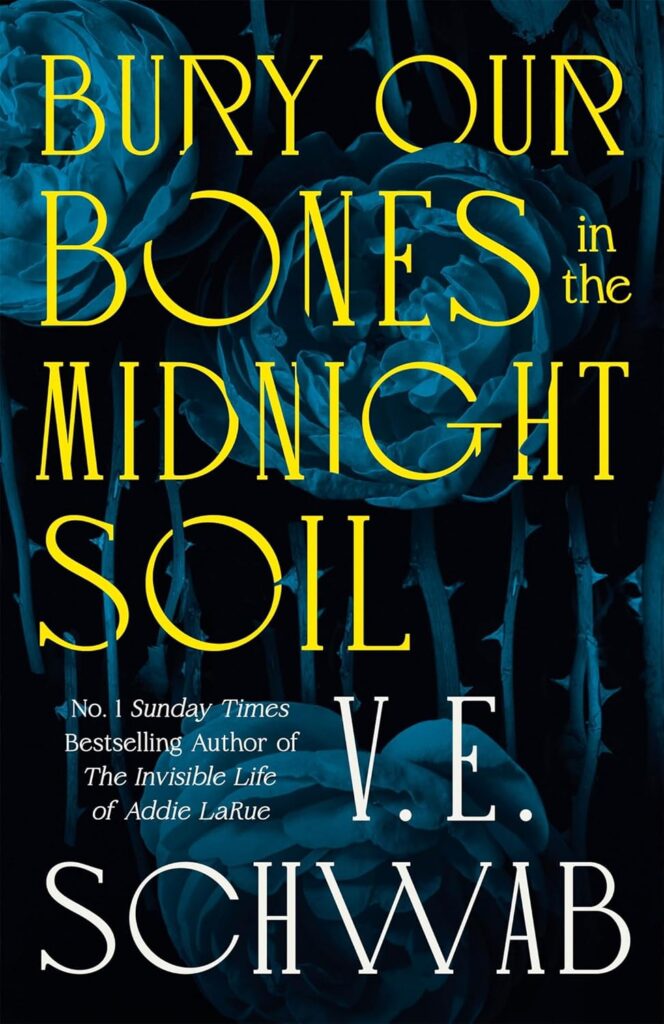

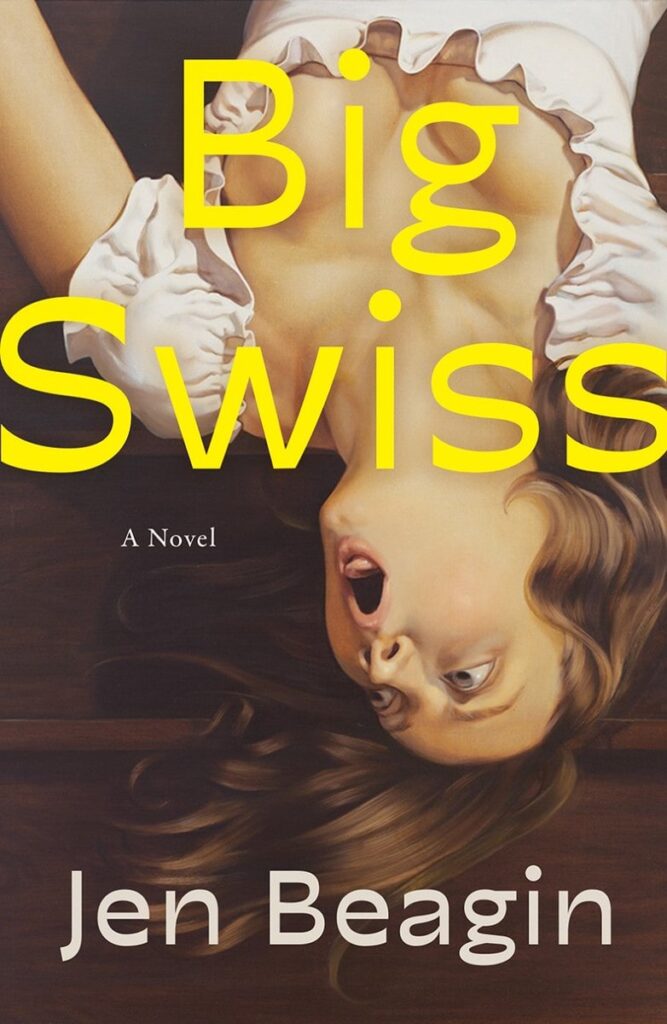
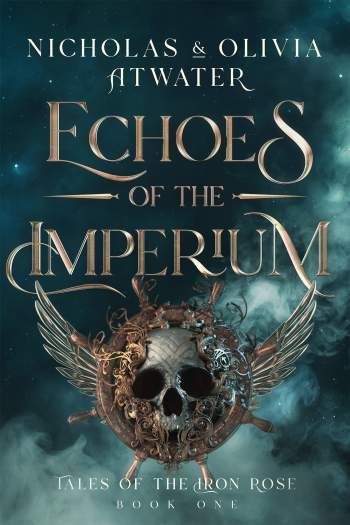

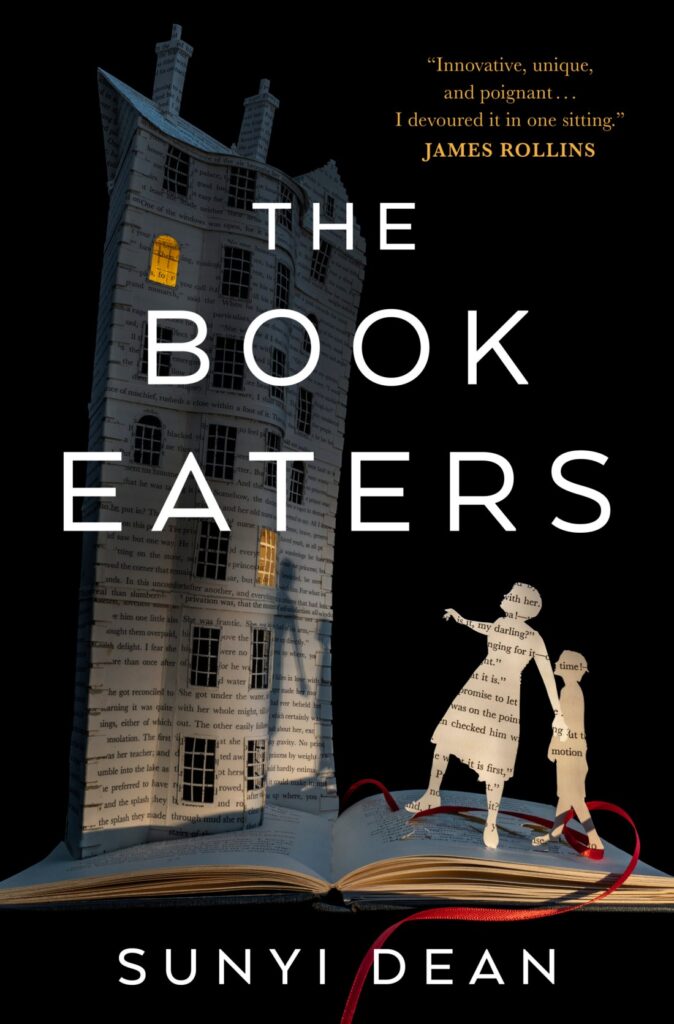
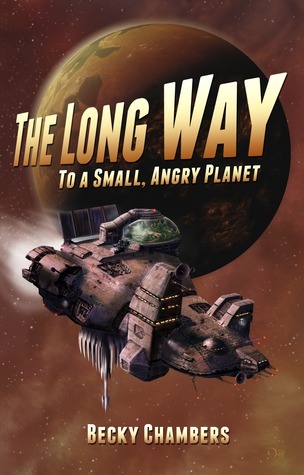


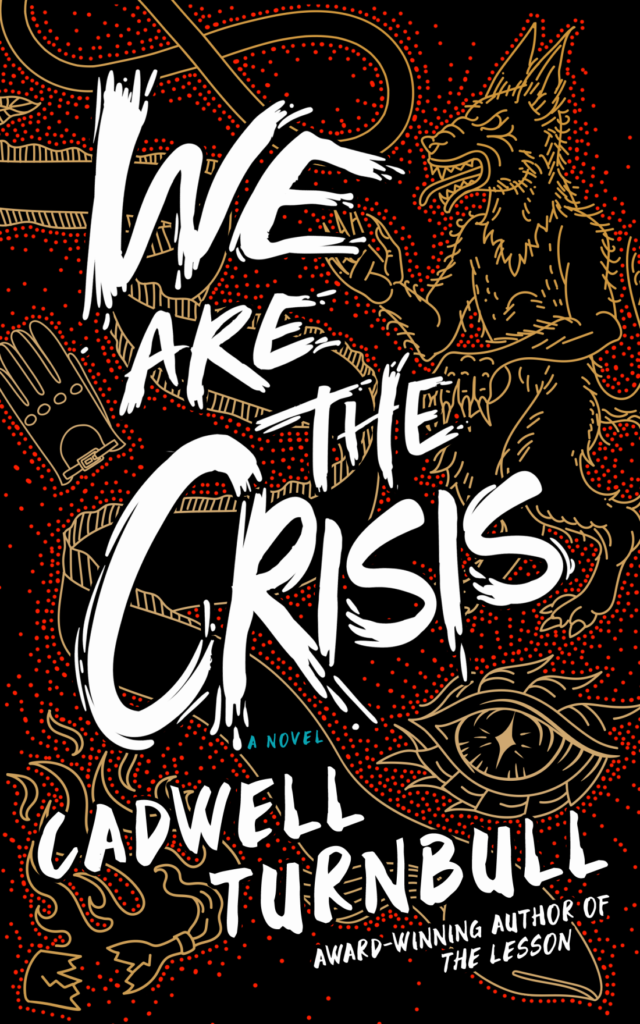

Recent Comments